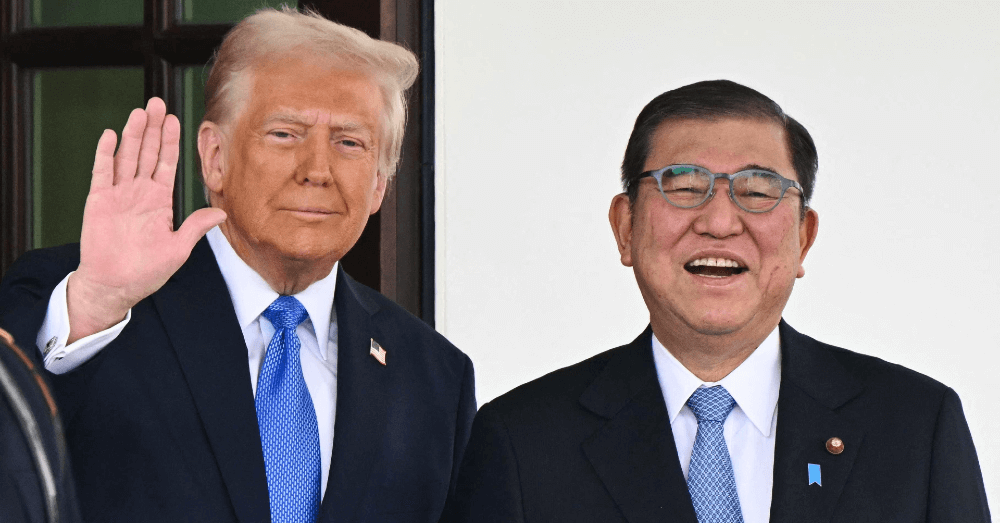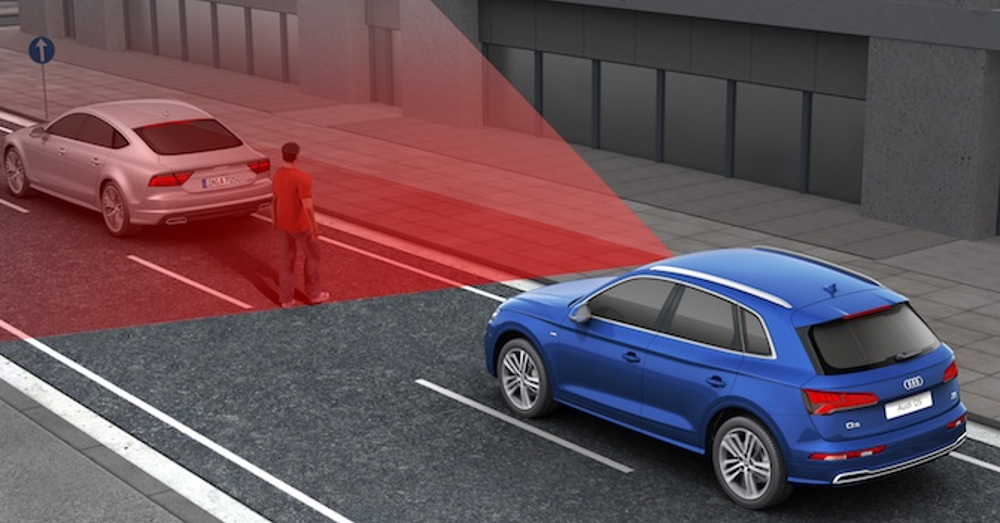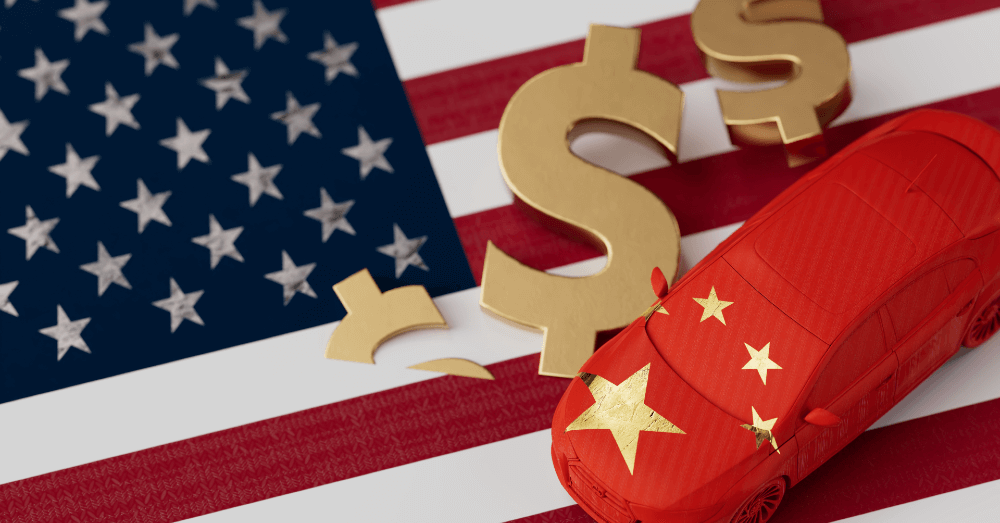
Detroit is Mad About Trump’s Sweet Deal With Japan (And They Have a Point)
The latest Trump-Japan trade deal isn’t a good deal for American automakers and might mean the loss of more American jobs.
The Big Three automakers are not happy campers right now. Trump just struck a deal with Japan that lets Japanese cars to come into America with a 15% tariff, while Ford, GM, and Stellantis are getting hammered with 50% tariffs on steel and aluminum, plus 25% on car parts. It’s like showing up to a poker game where everyone else gets to see your cards first. Japanese automakers are breathing a sigh of relief – they were facing 25% tariffs before this deal – but American car companies are crying foul. They’re saying it’s unfair that Honda and Toyota get better treatment than companies that actually employ American workers. The math is simple: it might now be cheaper for Toyota to build cars in Japan and ship them here than to keep expanding its American factories.
What was he thinking?
Since taking office, Donald Trump has used tariffs as a threat against any country that doesn’t agree with his policies or legislation. He’s successfully alienated many countries, with the hardline of focusing on his “America First” plan, but that plan seems to be backfiring when it comes to Japanese automakers. It’s uncertain what made him choose to favor Japan over domestic automakers, but applying such a small tariff to Japan means the Big Three automakers are at a serious disadvantage. This could mean that some Japanese companies will pull out of America and leave workers and plants behind, which would be a serious blow to the domestic economy.
Support is fleeting
The new Trump-Japan trade deal means goods coming into the United States from Japan face only a 15 percent tariff. Auto tariffs at 15 percent are much lower than what American companies pay to use imported steel and aluminum, which is tariffed at 50 percent for the automotive industry. Trump received support for his campaign from American automakers, which should make anyone wonder why he’s favoring Japan so strongly. Toyota, Honda, and Nissan will benefit from this trade deal and won’t face 25 percent tariffs, which is what other automakers face when importing products into the United States. Canada and Mexico, supposedly our greatest allies, face 35 percent and 30 percent tariffs, which means many American-branded vehicles will be subject to these significant and unnecessary taxes.
The White House seems blind
When the deal was struck with Japan to allow Japanese car imports to be subject to only 15 percent in tariffs, the White House celebrated the deal. The news from the Executive Office called the deal “a historic win for American automakers by putting an end to Japan’s unfair auto trade barriers for American-made cars.” It seems that the White House forgot that American automakers face even larger tariffs because cars require imported parts and materials, which face hefty tariffs. This seems like a blind statement, and much the same as others that have come from the Executive Branch, suggesting blindness to reality in America.
How could American companies fight this issue?
There are many ways that the U.S. auto industry could fight back against the tariffs, and none of them are quick fixes. In reality, the President is not supposed to impose tariffs at all; that’s a job for Congress. The Detroit Big Three could fight the Trump-Japan trade deal and argue that the President doesn’t have the authority to impose tariffs, but so far, Congress hasn’t fought back against any actions taken by the current Executive administration, suggesting this course of action wouldn’t work.
Another way the American automotive policy could be altered would be to pressure the government to remove tariffs from all goods and materials required to build American cars. That would have helped Ford during the second quarter, when tariffs wiped out the company’s profits.
The most direct method of offsetting the impact of these tariffs and the unfair advantage given to Japanese automakers is to move all manufacturing into the United States and use American steel and aluminum instead of importing materials. Products that are built within the United States are not subject to tariffs and would give the Detroit Big Three an advantage.
Still, it seems a bit blind to tout success when the Trump-Japan trade deal will only offer an advantage to Japanese automakers and won’t give American brands any relief whatsoever.
Detroit should be upset
The three major automakers in the United States should be upset that Japan will get a better deal than they do when it comes to importing vehicles into the United States. Americans should be upset by this deal as well, because the Detroit Big Three employ auto workers who are unionized and fairly represented, while most foreign automakers do not. With the latest deal, many Japanese automakers could pull out of the United States and build and import cars more cheaply than building them in the United States.
Is the Trump-Japan trade deal good for America? If American automakers move all operations into the United States and Japan continues to build cars in the U.S., then it’s a good deal, but if these things don’t happen, then it’s a terrible deal, and the Detroit Big Three should be upset by the current tariff policy.
This post may contain affiliate links. Meaning a commission is given should you decide to make a purchase through these links, at no cost to you. All products shown are researched and tested to give an accurate review for you.



